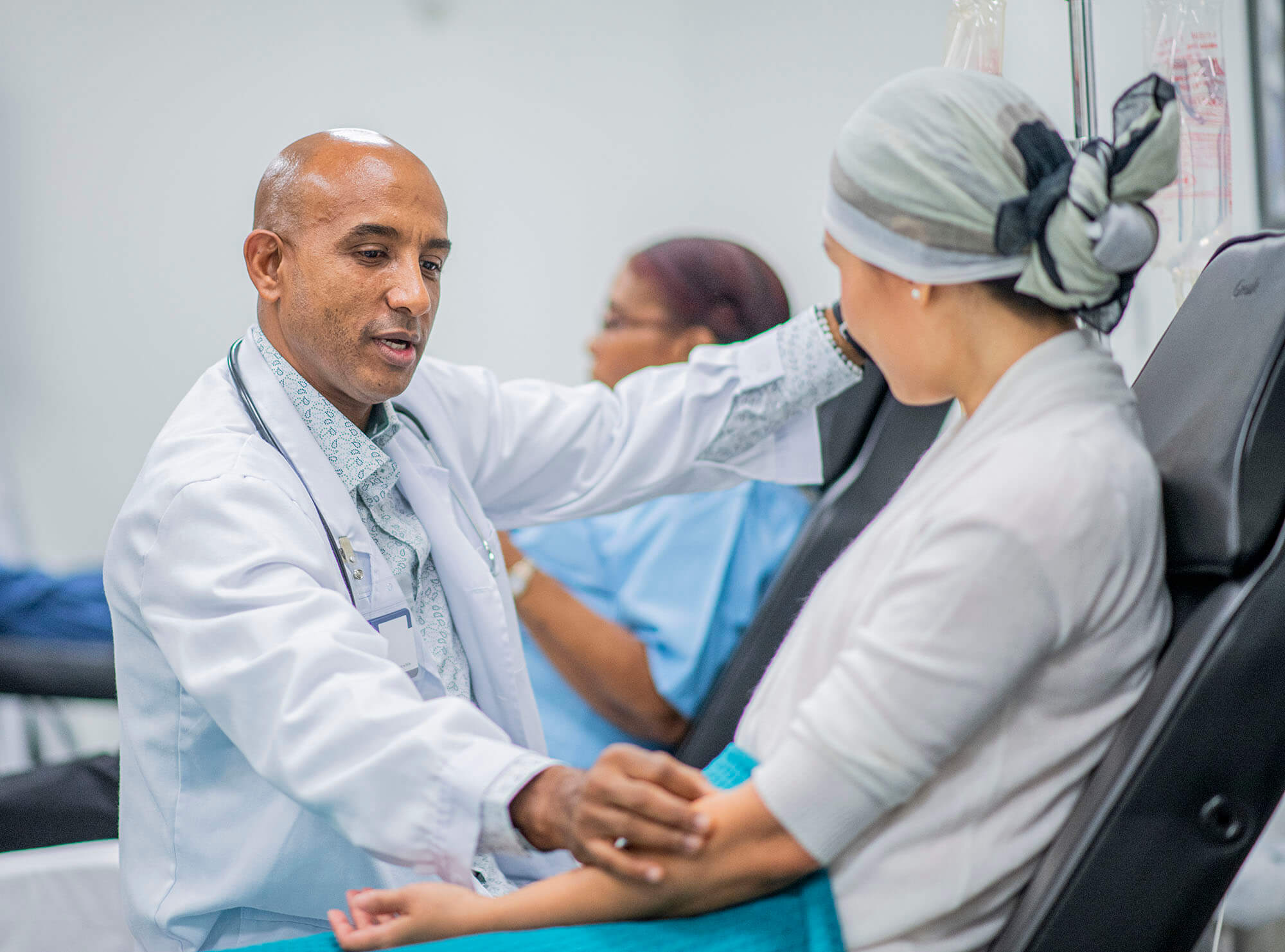Researchers evaluated collection of data on sexual orientation and gender identity (SOGI) at community oncology practices. They found a limitation to collection of these data could be attributed to a perception that this information does not factor into the quality of care. These study results were reported in the journal Cancer Medicine.
The researchers interviewed participants virtually from February 21, 2022, to June 3, 2022, at 7 community oncology practices across 5 geographic regions in the US. At each practice, 2 participants were interviewed: either an oncologist or advanced practice provider and a clinic staff member. Interviews were semi-structured and emphasized processes for SOGI data collection, in addition to any barriers and facilitators to data collection identified by the participants.
Clinicians reported working for a mean of 4.9 years at their current practice; clinic staff reported working for a mean of 4.8 years at their practice. The researchers found respondents frequently did not understand the significance of SOGI data collection in oncology care. However, respondents indicated an interest in learning more about SOGI data collection and its role in quality cancer care.
Many respondents expressed a belief that knowing a patient’s gender identity was of greater importance than knowing their sexual orientation, as those respondents considered gender identity to be a factor in respectfully addressing patients. Reportedly, across physicians and most staff, patient sexual orientation was considered to not be essential to their work and often seemed unaware that recognizing a patient’s sexual orientation may influence care.
Respondents also indicated that at times when a patient’s sexual orientation is not specifically given, the information staff input into a patient’s record may be a guess. Physicians who acknowledged the relevance of a patient’s sexual orientation associated it with the patient’s social support.
Comfort with collecting SOGI data varied among the respondents, and some expressed anxiety and fears associated with appearing offensive, causing discomfort, or potentially experiencing conflict. A sense of lacking the knowledge and language to use to effectively discuss SOGI information was a concern for some respondents.
Assumptions of patients being cis-gender and heterosexual can lead to misidentify the patient, with staff potentially overlooking who the patient is because they do not appear as expected. This can have a profound impact on patient interactions.
Physician workload can also affect perceptions of priority in data collection. Some barriers or facilitators to SOGI data collection were related to the structure of a electronic health record itself.
The researchers concluded that some barriers to SOGI data collection include physician and clinic staff perceptions of the data, a lack of understanding its influence on cancer care, and a lack of knowing how to discuss SOGI information.
“In addition to clarifying how SOGI data collection can improve patient experiences and inform care, efforts should include addressing underlying discomfort around engaging with SOGI,” they concluded.
Disclosures: Some authors declared affiliations with biotech, pharmaceutical, and/or device companies. Please see the original reference for a full list of disclosures.
Reference
Mullins MA, Reber L, Washington A, et al. Barriers, facilitators, and recommendations for sexual orientation and gender identity data collection in community oncology practices. Cancer Med. Published online September 21, 2023. doi:10.1002/cam4.6517
